Why reading Jihadist poetry might help combat extremism
'It reveals the kinds of motivations that lie behind the acts'

Could understanding jihadist poetry be the key to fighting extremism?
Dr Elisabeth Kendall thinks it might.
The Oxford University research fellow became an expert in Arabic literature after feeling compelled to read the novels of Egyptian writer, Naguib Mahfouz, after he won the Nobel Prize for Literature.
After years of studying and feeling frustrated that her expertise couldn’t be any real use, she began looking into poetry written by jihadis.
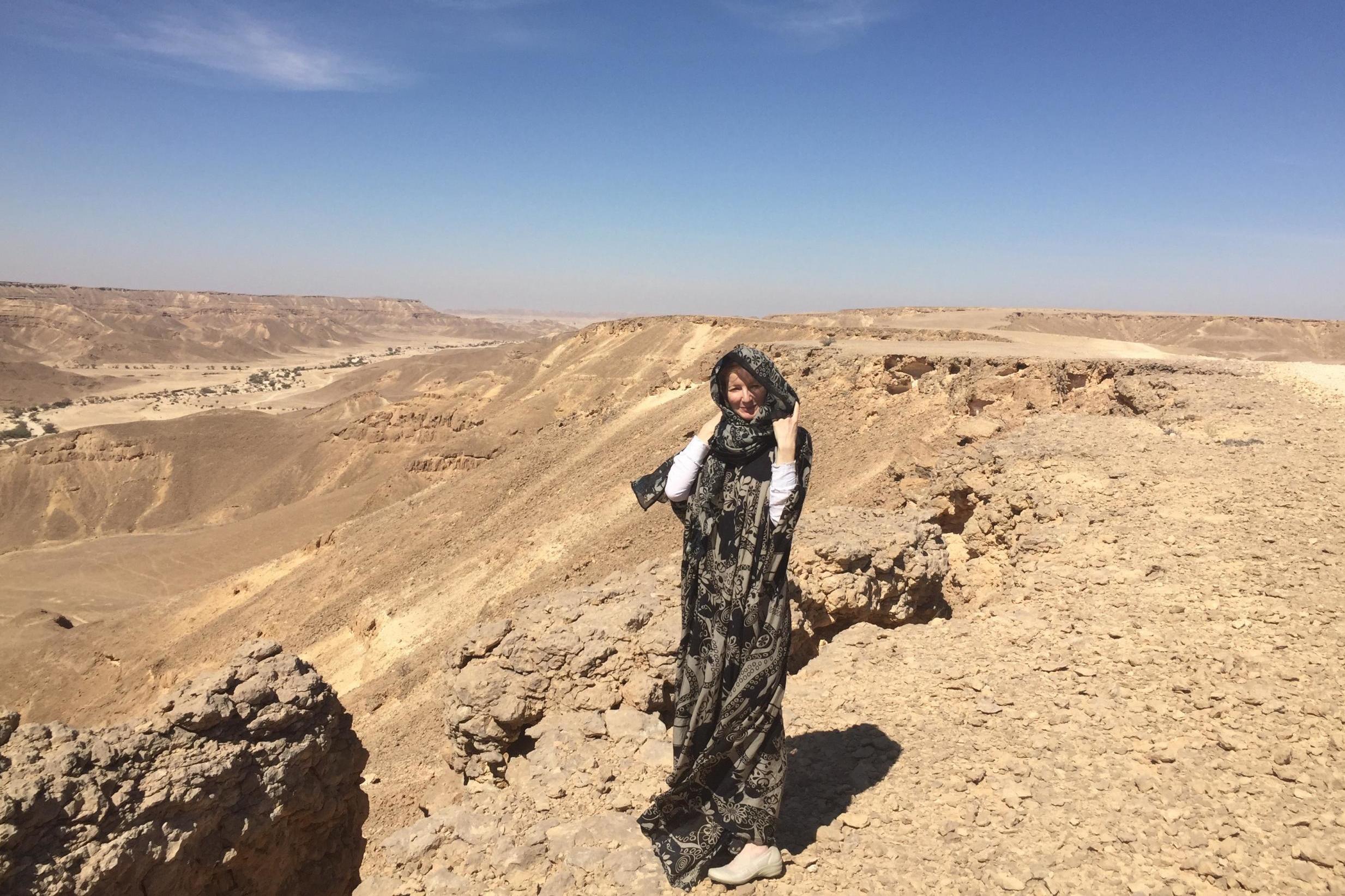
“I wanted to bring the depth and breadth of my years of training in Arabic language and literature to bear on something that I felt was useful,” she told The Independent.
“I noticed that jihadist publications in Arabic contained a great deal of poetry. It wasn’t just there as a space filler. And they weren’t composing it for fun.”
As it turns out, every jihad from Osama Bin Laden to Ayman al-Zawahiri – the current leader of al-Qa’ida – has taken a punt at poetry. Even Abu Bakr al-Baghdadi, ISIS leader, did his PhD thesis on the written art.
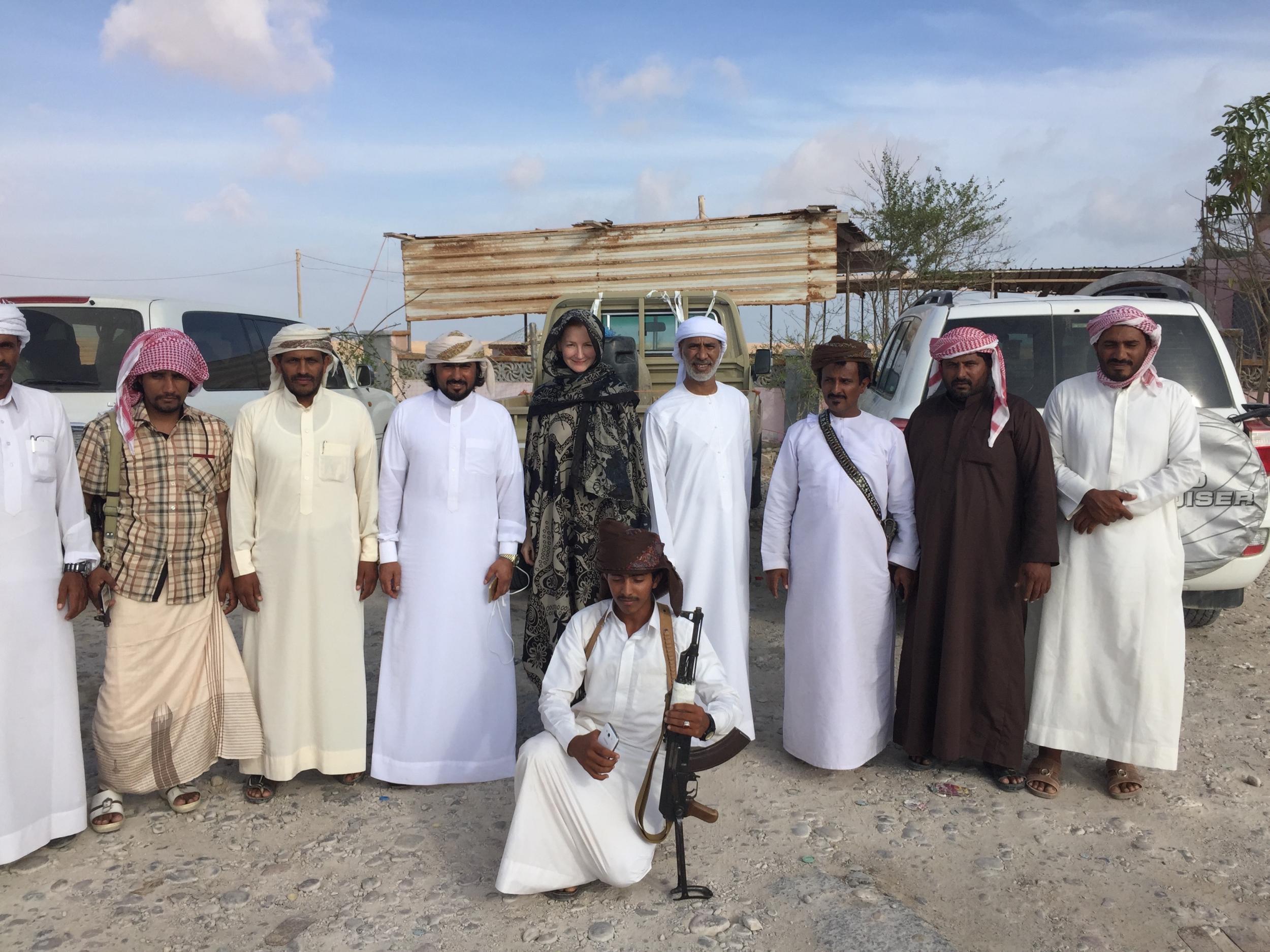
Kendall monitors various jihadist poetry groups via the heavily-encrypted messenger app, Telegram, and even has a playlist of poems on her phone.
Given the level of introspection required to produce a piece of poetry, she believes that the study of jihadist poetry could be a crucial insight into the complex mind of a Jihad.
“Analysing the poems give us an insight into jihadist hearts and minds and can reveal clues about jihadists' motivation, group dynamics and cultural concerns, which helps to illuminate the contemporary political landscape in which the poetry is deployed,” she said.
Whilst unconventional, it is an approach that she believes intelligence professionals could benefit from.
“Professionals tend to focus on jihadists' operational capacities, and also perhaps on their doctrinal positioning. The poetry has been almost entirely neglected - skipped over in favour of more direct pronouncements, rulings and position statements,” she explained.
“While that material is important, it’s not really what sticks in people’s minds. The poetry provokes passion, and passion can provoke action.”
Kendall was surprised to find that many of the poems take a classical form. Rather than writing in local dialects that could be understood easily, they typically take a more complex ode form.
She was also struck by how much passion pervaded the verse, whether it be sorrow, delight or pride.
Where are you as Muhammad's community burns in flames?
Where are you as dignity screams at the Sons of the Cross?
Jihadists are aware of Kendall due to her studies; she once found herself mentioned in a jihadist communications group.
She also thinks that al-Qaeda members once came to see her in Yemen whilst working in tribal communities.
"They knew who I was. They knew what I'd published. They knew how to argue," she told the BBC.
Does this frighten her at all?
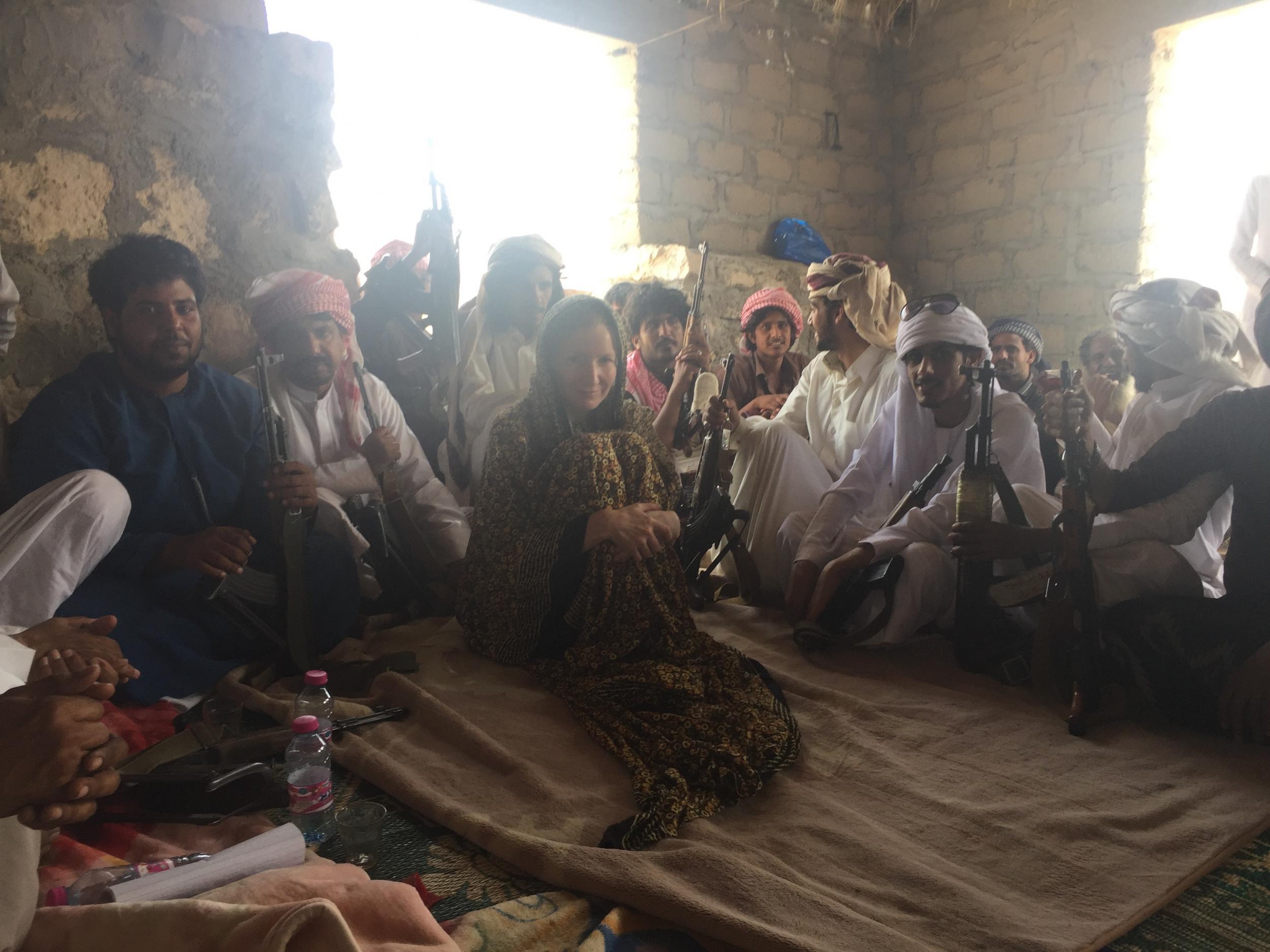
“To a certain extent, yes, but with Special Forces and drones hunting them down currently, I think they have more on their minds than worrying about a jihadist poetry critic,” she confessed.
“Plus, I have an incredibly capable group of trusted tribesmen, from a cross-section of the three main eastern tribal confederations who move about with me. I’ve known most of them for about five years and they’re heavily armed.

“I don’t pay them anything and that is very important - this is about honour, respect and collaboration. If our arrangement were about money, then they could simply sell me to a higher bidder.
“They normally tell me, 'Don’t worry Duktuura, there will be 50 men dead before you'. Not sure how reassuring that was…!”
Some of the lines she finds most fascinating – as seen below - revolve around suicide bombing.
I will fasten my explosive belt,
I will shudder like a lightening bolt
and rush by like a torrential stream
and resound like stormy thunder.
In my heart is the heart of a volcano.
I will sweep through the land like a flood.
For I live by the Qur'an
as I remember the Merciful.
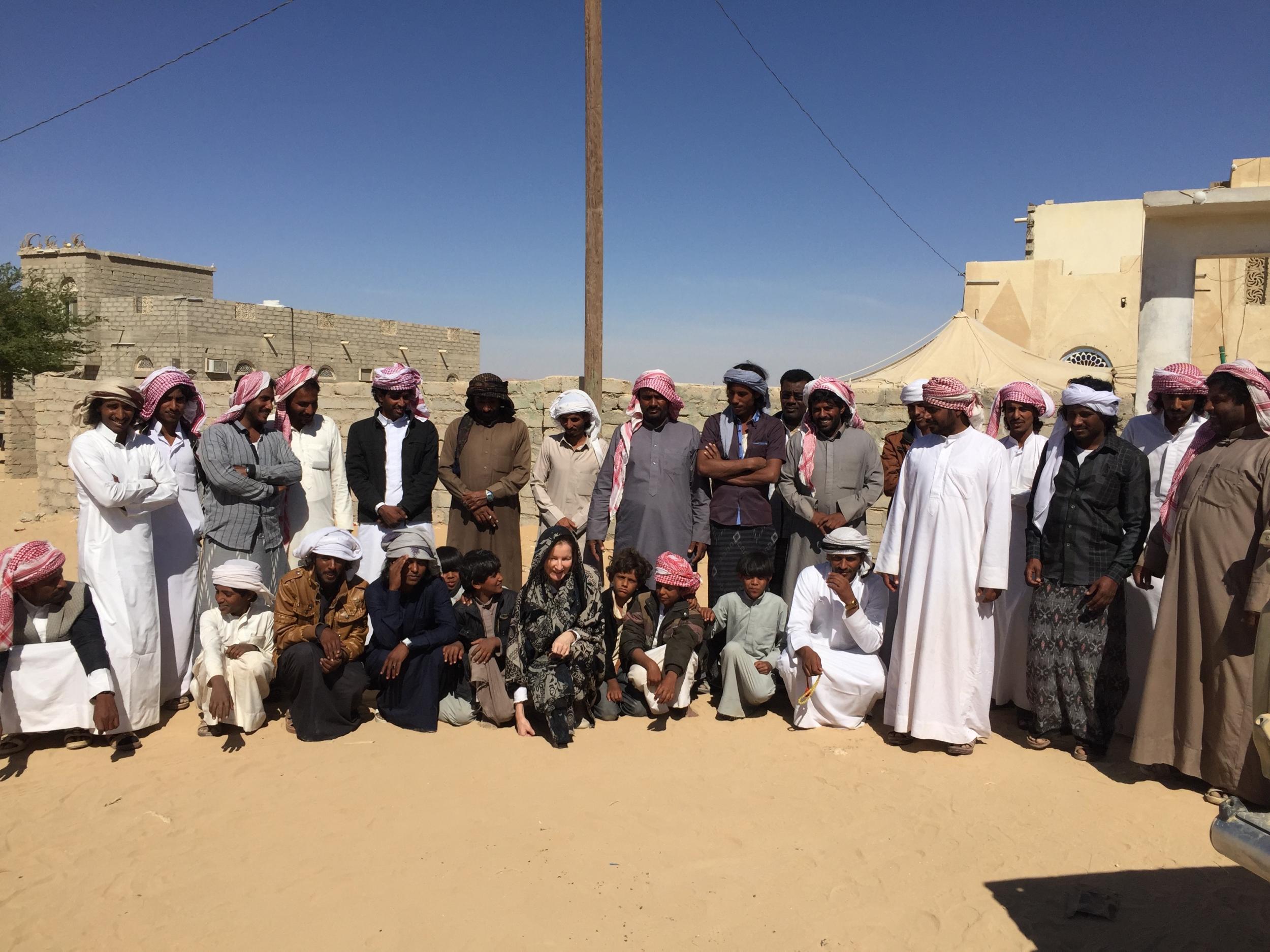
“They reconstruct the power rush felt of a suicide bomber,” Kendall explains.
“The suicide belt is obviously a very new invention, so it is highly manipulative that it should be placed in the context of age-old traditional desert imagery of pre-Islamic poetry (lightening, thunder, torrential stream, flood, volcano). And also legitimate the act of a suicide bombing by mentioning the Qur’an and the Merciful (Allah).”
Kendall is currently writing a comparative study of al-Qaeda and Islamic State’s use of propaganda – including film, audio, print media & messaging apps.
“My special focus is on how they use cultural material and latch onto local causes, then gradually and insidiously turn these to the service of a global jihad,” she said.
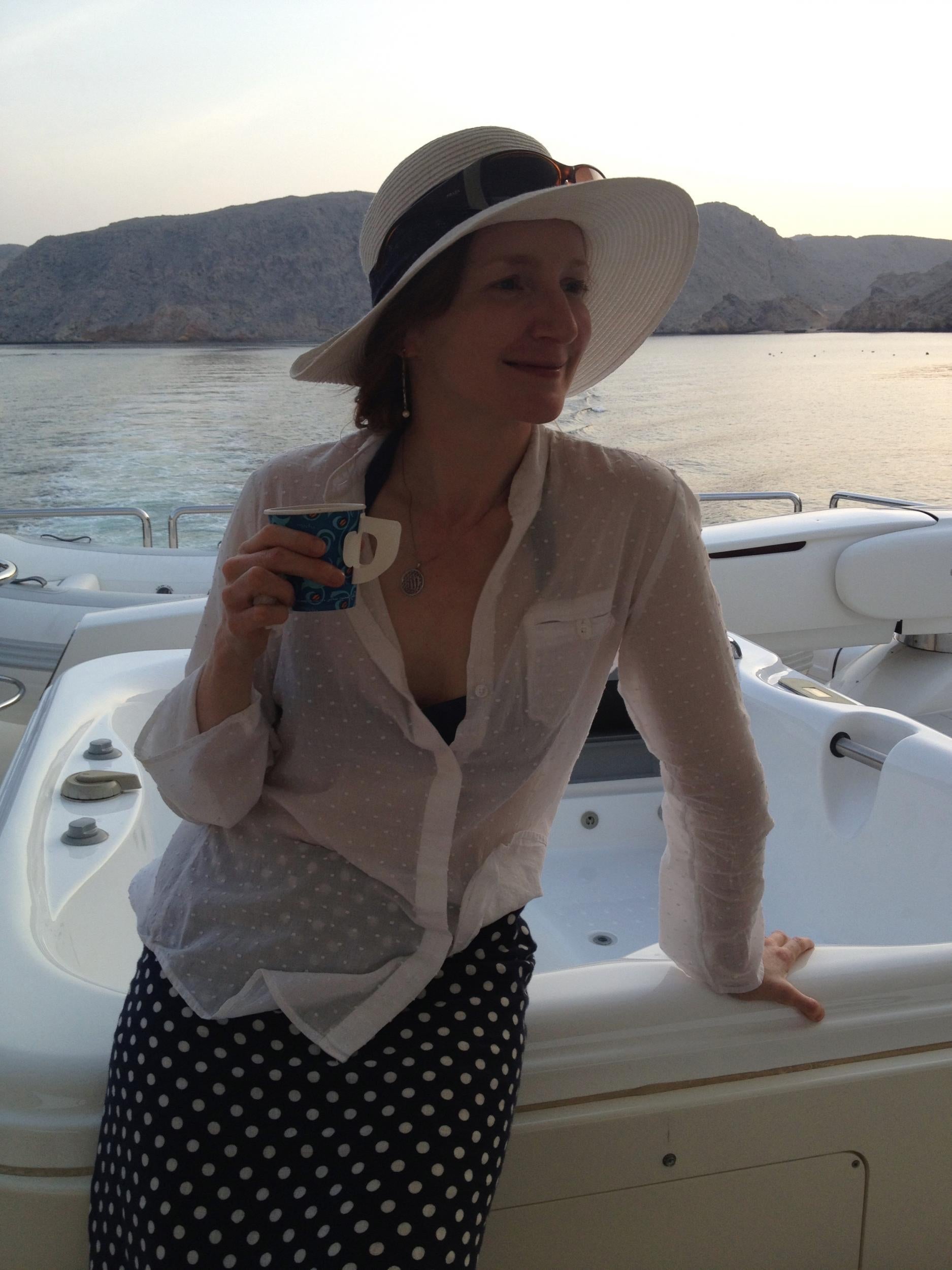
“I’m also looking at the extent to which each group is able or willing to adapt to changing conditions, including an analysis of how women are addressed and engaged and how this might be changing.
“My focus is solely on the Arabic language materials because this is what speaks to in-country audiences. And it is on these audiences that jihadist groups rely to have an “address”, a safe haven in which to train and to which foreign fighters can travel.
“The materials I research are really important because they help to show us why such groups might be passively tolerated on the ground - often among populations that are already well-armed, especially in Yemen - even where they are not actively supported.”
Join our commenting forum
Join thought-provoking conversations, follow other Independent readers and see their replies
Comments
Bookmark popover
Removed from bookmarks